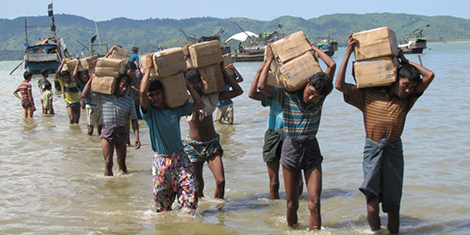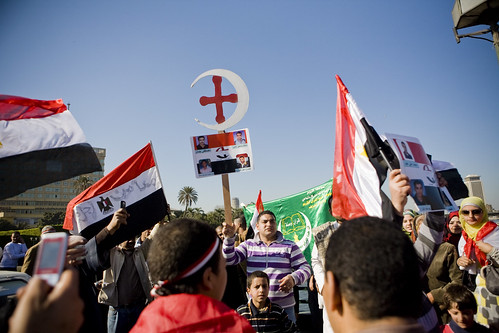
This article was originally published by E-International Relations (E-IR) on 5 April 2018.
The incidents that took place in the Rakhine state (previously Arakan) of Burma/Myanmar in August 25 (2017) and the Myanmar governments’ actions on and reactions to the Rohingya crisis, indicate the ugly face of Burmese nationalism. This behavior is the consequence of state centric policies that have generated refugees, created conflicts and produced a grave humanitarian situation. This version of extreme nationalism is carefully crafted by Myanmar’s regime and is historically rooted. The practice of extreme nationalism in Myanmar so far has been to benefit “Us” at the expense of “Others”. It has constructed and framed the Rohingya as the “Others”, therefore justifying their actions to eliminate “the existential threat” to the Burmese way of life and to the Burmese population. The military maintains strict control over government institutions. The quasi-civilian government is still following the footsteps of the military government that precisely failed to bring unity while it was in power for fifty years.

